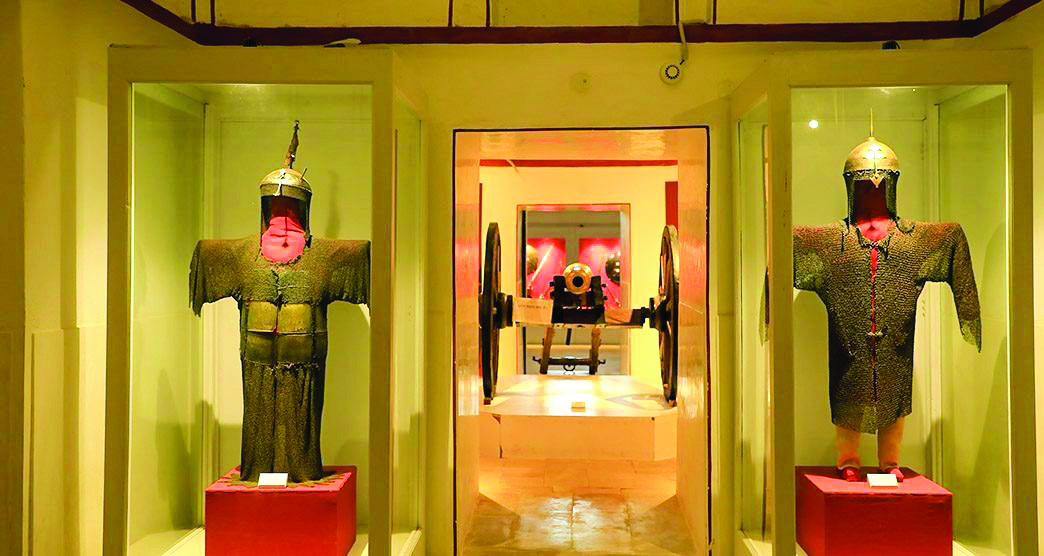Dhan Bahadur Tamang got up midway from his lunch and briskly walked down the hills towards his fields as he heard the familiar jarring sound of peacock calls.
The 54-year-old man carried a catapult and some pebbles, hoping to shoo away a muster of peafowls who have descended on his farm, to protect his ‘dalle khursani’ (pepper chilli variety grown in the hills) crop, from destruction. The acreage under red hot pepper chilli which is one of the spiciest chillis is as a consequence may start shrinking, warned locals. The chilli, a favourite of many chefs, earned a geographical indicator tag two years back for the Darjeeling, Kalimpong and Sikkim hills. The `dalle’ which has a range of 1,00,000 to 3,50,000 Scoville Heat Units (which measures spiciness of a chilli) as many locals call it fetch around Rs 500 a kg and hence is a favourite with farmers. Tamang is among hundreds of farmers in rural areas of Kalimpong district of West Bengal who need to protect their crops and yet not harm the national bird, which is protected by law.
In several parts of Kalimpong, where rice, chilies, vegetables, millet, flowers and fruits grow in abundance, peacocks have come to be a headache for most farmers, many of whom have incurred losses and shifted to crops like maize that do not attract the colourful bird as much.
Others have taken to building temporary huts in the fields where they spend the night to prtoect the crops from peacocks and peahens who usually come to the farms in the early hours of the morning. “When a peacock comes to a field, it causes massive destruction. It eats little, but destroys crops more. Peacocks would place their beaks angularly and pull out the stalks of planted crops, eating some and throwing the rest on the ground,” Tamang said, after successfully shooing away the birds. The peacocks generally live on big trees in the forests and adjoining fields and venture into the farmlands mostly during the March to June period, Maya Yonzone, another farmer and Tamang’s neighbour in Rangul village, said.
“The terror of peacocks is such that many people have stopped growing pulses and ‘dalle khursani’ , the bird’s favourite crops,” she said. However, like Tamang and Yonzone, most farmers do not use any lethal force on the marauding birds. “Many of us are Buddhists. We do not kill innocent animals. Plus, it is our national bird. It is illegal to kill it,” she said. Superstition also acts as a deterrent against violence towards the bird. “A man in our area had once killed a peacock. After that, he was paralysed and lived a miserable life. We believe killing a peacock would bring us back luck,” Yonzone said.














